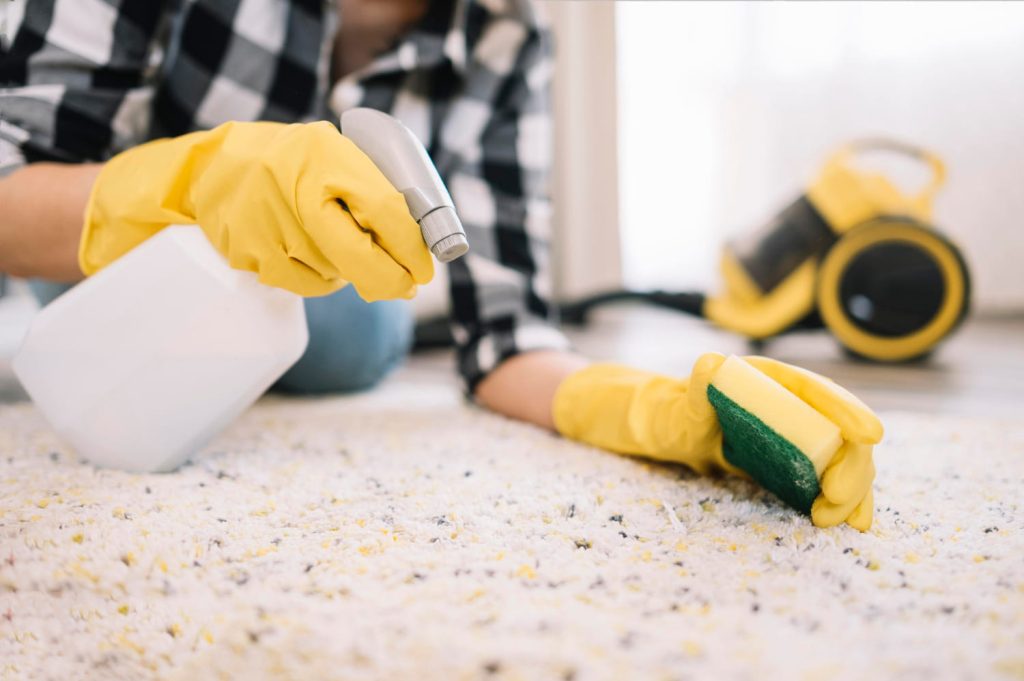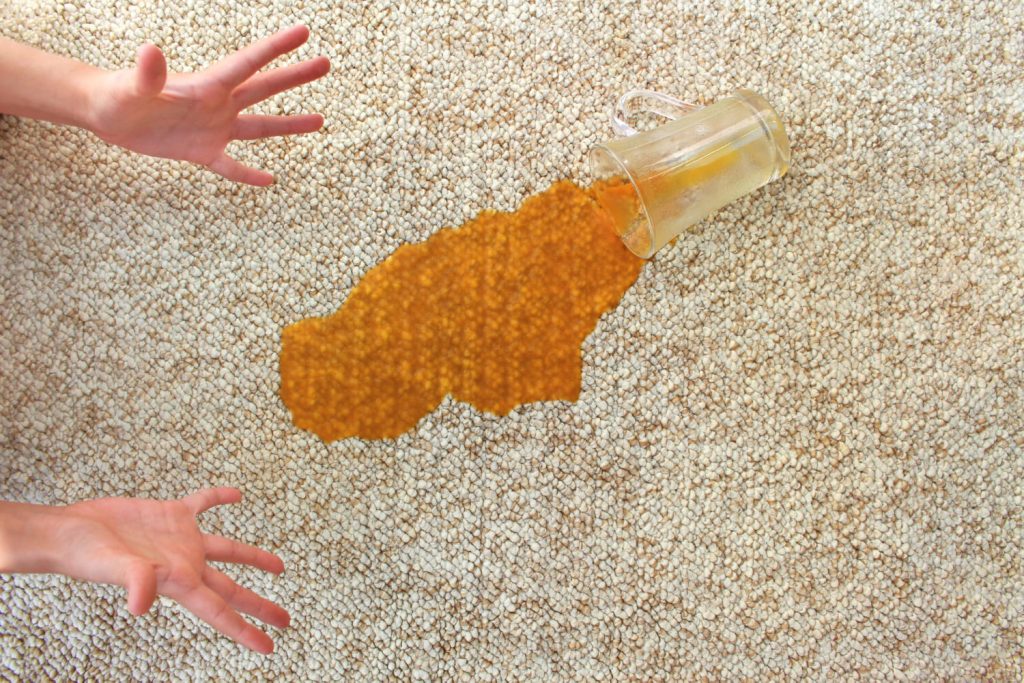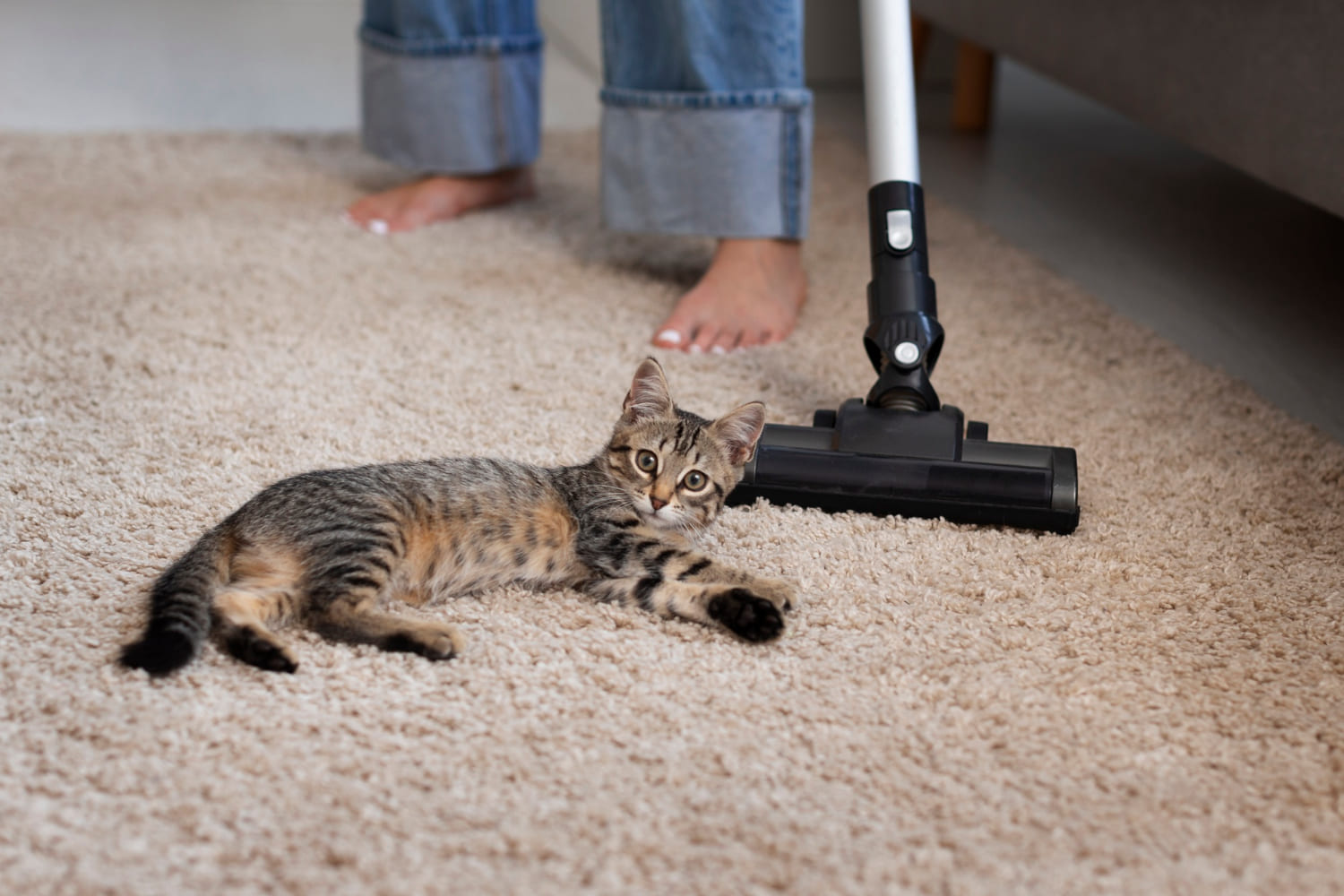When a customer walks into a business, first impressions matter. The cleanliness of your carpets plays a big role in shaping that impression, whether you run a professional office, a busy restaurant, or a high-traffic retail store. Clean carpets don’t just look good; they affect employee health, customer confidence, and even your bottom line.
Many business owners put off carpet cleaning because it seems like a cost-saving measure. In reality, neglecting commercial carpets can lead to far greater expenses over time. This article explores the hidden costs of dirty carpets in different commercial settings and why regular professional cleaning is an investment rather than an expense.
Why Clean Carpets Matter in Business
Carpets do more than cover the floor. They serve as air filters, sound barriers, and style elements that tie a space together. Over time, however, they accumulate dirt, dust, allergens, bacteria, and stains that vacuuming alone cannot remove.
For businesses, dirty carpets don’t just affect appearance – they have measurable financial, health, and reputational consequences.
The Hidden Costs of Dirty Carpets

1. Health Problems and Employee Productivity
Carpets act like sponges, trapping dust, pollen, bacteria, and even mold. In commercial spaces, where hundreds of people walk in daily, this build-up happens quickly.
- In Offices: Dirty carpets contribute to poor indoor air quality, which increases allergy symptoms and respiratory issues. This can lead to more sick days, lower productivity, and higher healthcare costs for employees.
- In Restaurants, Food spills and grease not only stain carpets but can also harbor bacteria, creating hygiene concerns that affect staff and customers.
- In Retail Stores: Dust and allergens impact both employees and shoppers, making the environment uncomfortable.
The cost: Reduced productivity, increased sick leave, and possible liability for workplace health complaints.
2. Negative Customer Perception
Customers notice details. Dirty, stained, or worn carpets create an impression of neglect, even if the rest of your space is spotless.
- Offices: A client waiting in a lobby with dirty carpets may question the professionalism of your business.
- Restaurants: Stained or greasy carpets near tables or entryways immediately affect a customer’s perception of food safety and cleanliness.
- Retail Stores: Shoppers are less likely to trust a brand that doesn’t maintain a clean environment, and they may even shorten their visit or spend less.
The cost: Lost business, weaker customer loyalty, and damage to your reputation.
3. Shortened Carpet Lifespan
Commercial carpets represent a significant investment. Replacing them is costly and disruptive. Dirty carpets wear down faster because dirt and grit act like sandpaper, grinding into the fibers with every step.
Without regular professional cleaning:
- Carpets lose color and texture.
- Fibers fray and break.
- High-traffic areas develop permanent wear patterns.
The cost: Premature carpet replacement that could have been avoided with routine maintenance.
4. Safety Hazards
Neglected carpets can create safety issues:
- Moisture from spills or cleaning delays can lead to mold or slippery surfaces.
- Loose or uneven carpet caused by wear can create tripping hazards.
- Persistent odors from spills or pet accidents (in pet-friendly spaces) can signal hidden contamination.
The cost: Workplace accidents, liability claims, or even failed health and safety inspections.
5. Higher Long-Term Cleaning Expenses
It may seem cheaper to delay carpet cleaning, but waiting too long makes stains set in and dirt embed deeper into fibers. When cleaning is finally scheduled, it often requires more intensive, expensive restorative cleaning instead of simple maintenance.
The cost: Paying more for deep cleaning or full replacement versus saving with routine care.
Industry-Specific Concerns

Offices:
- Professional appearance is critical for client trust.
- High-traffic hallways and meeting rooms require frequent cleaning.
- Employee health and air quality directly impact productivity.
Restaurants:
- Food and beverage spills are constant.
- Grease and oils can damage carpets quickly.
- Cleanliness is directly tied to food safety ratings and customer reviews.
Retail Stores:
- Heavy daily traffic leads to fast wear.
- Carpets affect shopper comfort and buying behavior.
- Poor maintenance undermines brand image and sales.
The ROI of Professional Carpet Cleaning
Investing in commercial carpet cleaning provides measurable returns:
- Healthier Work Environment: Fewer sick days and improved productivity.
- Stronger Brand Image: Customers and clients view your business as professional and trustworthy.
- Extended Carpet Life: Regular maintenance prevents costly replacements.
- Regulatory Compliance: Restaurants and healthcare facilities avoid violations tied to cleanliness.
- Cost Savings: Maintenance cleanings are more affordable than emergency deep cleans or premature replacements.
Recommended Cleaning Frequency
- Offices: Every 3 to 6 months, with monthly cleaning for high-traffic areas.
- Restaurants: Monthly or more frequently, depending on spills and foot traffic.
- Retail Stores: Every 2 to 3 months, with spot treatments as needed.
Why Choose a Professional Company
Not all cleaning companies are equipped to handle commercial spaces. The right provider should offer:
- Industrial-grade equipment for large-scale cleaning.
- Low-moisture methods that allow quick drying and minimal business disruption.
- Experience with a variety of carpet types, including commercial tiles and glued-down carpets.
- Flexible scheduling, including evenings and weekends.
- A satisfaction guarantee to ensure consistent results.
Conclusion:
Dirty carpets in offices, restaurants, and retail stores are more than an eyesore. They carry hidden costs that affect employee health, customer perception, safety, and long-term expenses. Regular professional carpet cleaning is not just maintenance; it is a strategic investment in your business’s success.
By keeping carpets clean, you protect your investment, extend their lifespan, improve air quality, and build stronger relationships with customers and employees alike.
At 2 The Last Detail, we specialize in commercial carpet cleaning for offices, restaurants, and retail spaces. Our proven methods restore carpets to a like-new condition, minimize downtime, and protect your bottom line.





